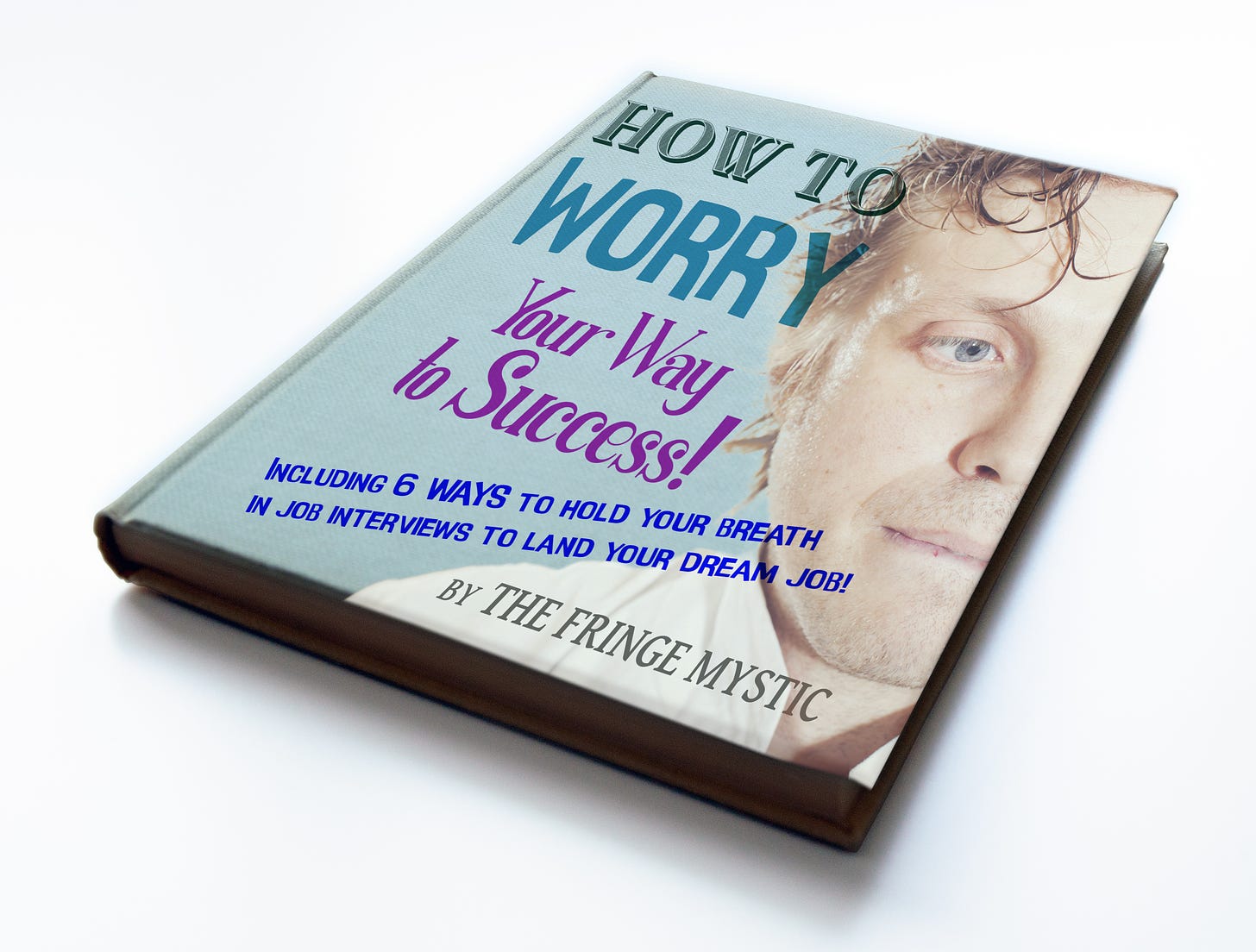
Question:
How do you hypnotize an entire population?
Answer:
One person at a time.
I did a series of videos during the COVID Psyop (is it over yet?) called Lucid Divide. One of the more popular episodes (Episode 3: Cult of Nightmares) explores a 2020 article written by CJ Hopkins called The Covidian Cult.
The article expertly nails 2020 for what it was: a totalitarian, cult mind-control operation orchestrated by GloboCap (Hopkins’ name for the puppet masters who pull the strings). The Covidian Cult, Hopkins explains, are those of us who drank the Kool-Aid (so to speak) of the psychotic official narrative of COVID-19:
Their initiation into the Covidian Cult began in January, when the medical authorities and corporate media turned on The Fear with projections of hundreds of millions of deaths and fake photos of people dropping dead in the streets. The psychological conditioning has continued for months. The global masses have been subjected to a constant stream of propaganda, manufactured hysteria, wild speculation, conflicting directives, exaggerations, lies, and tawdry theatrical effects.
- CJ Hopkins, The Covidian Cult (The Consent Factory)
Can you hypnotize an entire population?—and, here, I am actually referring more to Mattias Desmet’s theory of mass formation (aka mass formation psychosis).
Is mass hypnosis a real thing? Or is there something else going on?
It might seem like I’m splitting hairs, but at the end of the day, whether it’s cult mind control techniques or mass hypnosis—it is the individual who is falling under a spell.
—The “mass” is actually a flock of individuals in various configurations of personal mental confusion.
Are YOU in a state of hypnosis—right now?
Shopping at Walmart during mask mandates was enough to sway me into buying into mass hypnosis.
But I’ve stumbled upon the work of Jack Elias, a clinical hypnotherapist with a strong background in Eastern philosophy. And I am struck by Elias’s overarching hypothesis.
Essentially, Elias is suggesting that ALL OF US are under hypnotic suggestion—relentlessly, all of the time:
So, instead of thinking of hypnosis as a stage act, where the hypnotist puts some dude INTO an ISOLATED hypnotic trance (and makes him bawk like a chicken)—the guy is already navigating his life under the influence of millions of layers of hypnotic suggestion.
In other words...
Freeing ourselves from the various hypnotic shackles that bind us is the way to go.
After spending my teenage years ingesting books by Wayne Dyer and the like, I am not big on the whole self-help hoopla. My crash-and-burn experience with psychiatry in my twenties cured me of my self-help-book-buying fetish.
But obviously, I can’t seem to shake my nature (or hypnosis) of putting great thought into the mysteries of the universe. And I am always on the lookout for new ways to free myself of my own self-imposed stress.
The fight-or-flight response is OK—when Michael Myers is really chasing you with a butcher’s knife. But it’s not fun to have it running in the background, 24/7, like a busted fan; the modern-day illness of being in a perpetual state of mild-to-moderate anxiety.
I always joke that I plan to write a book entitled “How to Worry Your Way to Success.”
Carrying the weight of the world: The stories we tell ourselves
Eileen Day McKusick is the founder of the Biofield Tuning method, a healing method that uses tuning forks to help the body “retrieve” discordant fragments from its magnetic aura.
It’s a fascinating topic.
McKusick’s hypothesis in her book “Electric Body, Electric Health” is that we store our memories and stories about ourselves, the scars of our lives, in and around our body’s subtle biofield in the form of energy signatures.
A common concept I like in Jack Elias and Eileen Day McKusick’s work is the idea of negative story-telling—how limiting stories play a decisive role in our daily existence.
We are literally carrying around stories about ourselves. Often from childhood. Stories that gently remind us “that we’re never trying hard enough,” “how we’re one step away from homelessness,” or “that we don’t deserve love because,” etc.
Imagine yourself spinning at the center of an old record player. You are surrounded by the miles-long groove of vinyl. But the album has a scratch and keeps skipping on the phrase, “Give up…you loser!”
It’s not that you are actively telling yourself that you’re a loser every morning when you wake up. It’s that somehow, someone or something—some life moment—has hypnotized you into holding on to this suggestion.
It must have been vivid or repetitive enough for the suggestion to have stuck.
But here you are, trying to eke out your life at forty, trying to raise a family and hold a job—and playing subtly in the background, waiting for you to trip on it every chance you get, is this self-defeating hypnotic suggestion.
You got hypnotized—by your alcoholic father and that ruthless English teacher, and now you’re carrying it with you, like a brick in your backpack. And whether you realize it or not, the Stage Magician of Life has planted a suggestion in your mind that whenever the car breaks down, “Hit yourself over the head with the brick.”
Instead of some convoluted psychiatric label from the DSM-5-TR that pigeonholes you with the death sentence of some chronic mental disorder (say, Borderline Personality Disorder, everybody has that), you actually suffer from cruel hypnotic suggestions that were cast on you by your evil Aunt and your condescending sister—which were later reinforced by you, yourself, after your Grade 4 book-report “failure.”
Life is a series of hypnotic trances.
And de-hypnotizing yourself might be the way out.
I like it.



